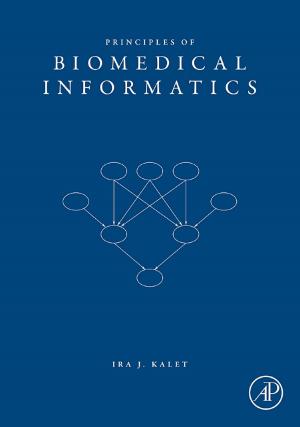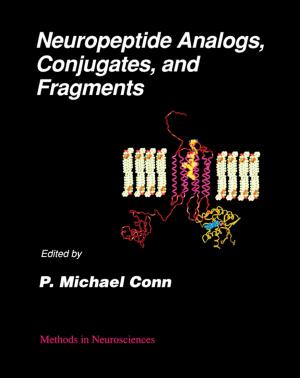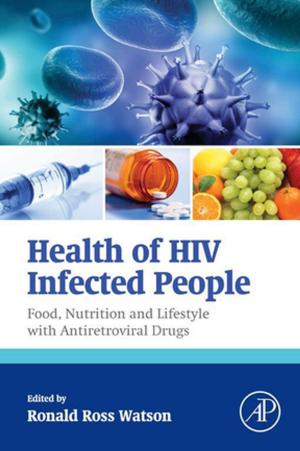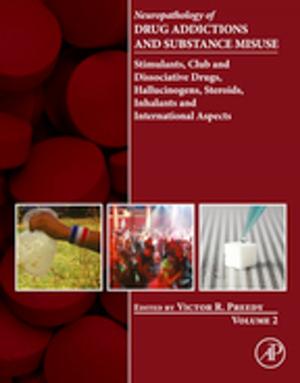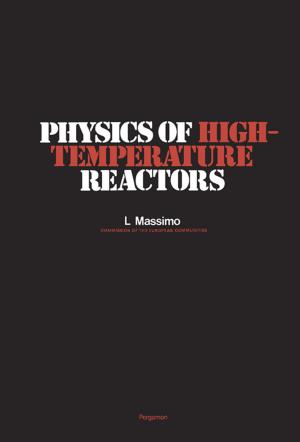Chelation Therapy in the Treatment of Metal Intoxication
Nonfiction, Health & Well Being, Medical, Specialties, Toxicology| Author: | Jan Aaseth, Guido Crisponi, Ole Anderson | ISBN: | 9780128030738 |
| Publisher: | Elsevier Science | Publication: | April 18, 2016 |
| Imprint: | Academic Press | Language: | English |
| Author: | Jan Aaseth, Guido Crisponi, Ole Anderson |
| ISBN: | 9780128030738 |
| Publisher: | Elsevier Science |
| Publication: | April 18, 2016 |
| Imprint: | Academic Press |
| Language: | English |
Chelation Therapy in the Treatment of Metal Intoxication presents a practical guide to the use of chelation therapy, from its basic chemistry, to available chelating antidotes, and the application of chelating agents. Several metals have long been known to be toxic to humans, and continue to pose great difficulty to treat. These challenges pose particular problems in industrial settings, with lead smelting known to be associated with hemopoietic alterations and paralyses, and the inhalation of mercury vapor in mercury mining being extremely detrimental to the central nervous system.
Clinical experience has demonstrated that acute and chronic human intoxications with a range of metals can be treated efficiently by administration of chelating agents. Chelation Therapy in the Treatment of Metal Intoxication describes the chemical and biological principles of chelation in the treatment of these toxic metal compounds, including new chelators such as meso-2,3-dimercaptosuccinic acid (DMSA) and D,L-2,3-dimercapto-1-propanesulfonic acid (DMPS).
- Presents all the current findings on the potential for chelation as a therapy for metal intoxication
- Presents practical guidelines for selecting the most appropriate chelating agent
- Includes coverage on radionuclide exposure and metal storage diseases
- Describes the chemical and biological principles of chelation in the treatment of toxic metal compounds
Chelation Therapy in the Treatment of Metal Intoxication presents a practical guide to the use of chelation therapy, from its basic chemistry, to available chelating antidotes, and the application of chelating agents. Several metals have long been known to be toxic to humans, and continue to pose great difficulty to treat. These challenges pose particular problems in industrial settings, with lead smelting known to be associated with hemopoietic alterations and paralyses, and the inhalation of mercury vapor in mercury mining being extremely detrimental to the central nervous system.
Clinical experience has demonstrated that acute and chronic human intoxications with a range of metals can be treated efficiently by administration of chelating agents. Chelation Therapy in the Treatment of Metal Intoxication describes the chemical and biological principles of chelation in the treatment of these toxic metal compounds, including new chelators such as meso-2,3-dimercaptosuccinic acid (DMSA) and D,L-2,3-dimercapto-1-propanesulfonic acid (DMPS).
- Presents all the current findings on the potential for chelation as a therapy for metal intoxication
- Presents practical guidelines for selecting the most appropriate chelating agent
- Includes coverage on radionuclide exposure and metal storage diseases
- Describes the chemical and biological principles of chelation in the treatment of toxic metal compounds


